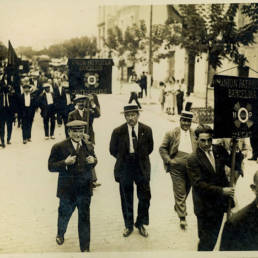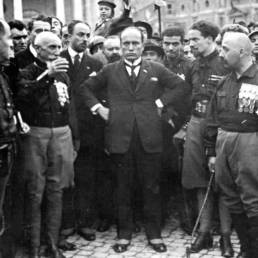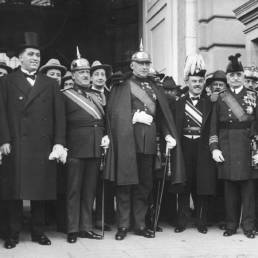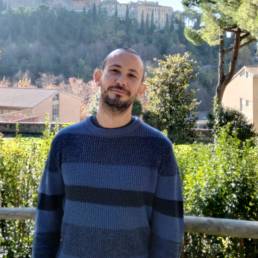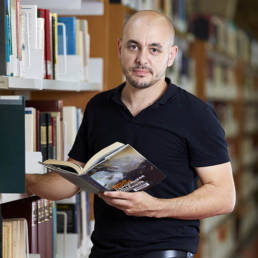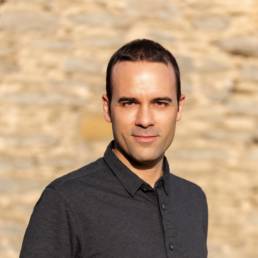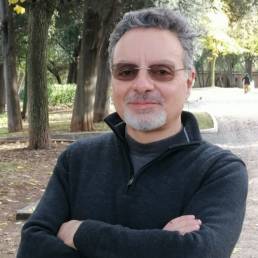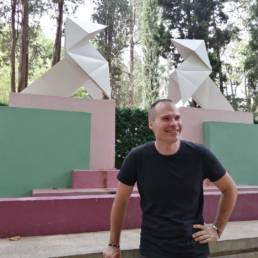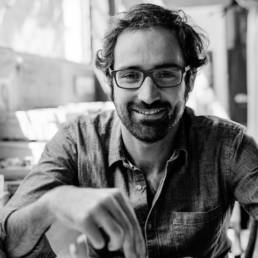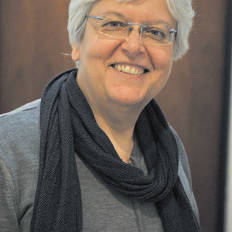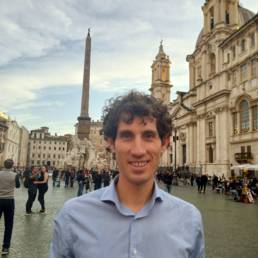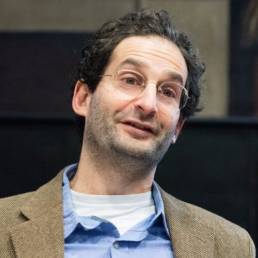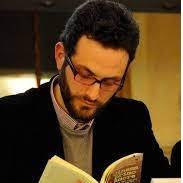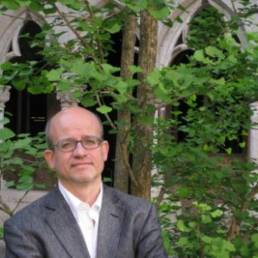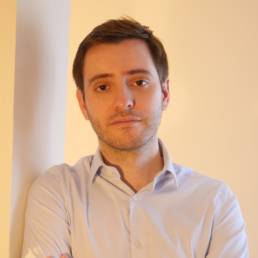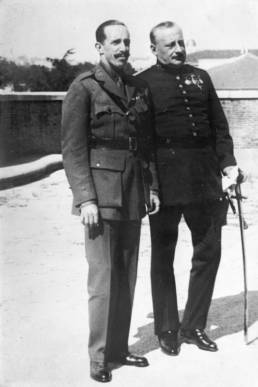
Origins
The research group that develops the subproject “Democracy and its enemies (1918-1931): Spain, the first post-war period, the dictatorship of Primo de Rivera and its articulations with Italy, Portugal and Argentina” is based at the Institut de Recerca Històrica of the Universitat de Girona. Most of its members have a history of collaborative work focused on the study of transnational connections between Europe and Latin America, the study of intellectuals, political cultures and nationalisms, as expressed in the project “La patria hispana, la raza latina. Intellectuals, collective identities and political projects between Spain, Italy and Argentina (1880-1945)” (2016-2020).
The results of this project showed the relevance of transnational displacements of cultural objects, people and ideas with the aim of abandoning the conception according to which transfers left only the Old Continent to be projected onto the periphery. Following the transnational and comparative perspective, after four years of working together, the group has decided to focus its research on the study of the right and extreme right in the context of the crisis of liberalism and democracy in the decades following the Great War.
Project
Our project aims to study the conceptions of democracy and the reflections, individual and collective positions and debates surrounding it that took place in Spain during the period between the end of the First World War and the Second Republic in Spain. We intend to take a comparative and transnational approach. Therefore, although the Spanish case will be the core of the reflections, other national cases (Italy, Portugal and Argentina) will also be analysed with a double objective: to carry out a comparative exercise between the political and intellectual developments that took place in these countries and, above all, to investigate the transnational spaces that were articulated in the inter-war period in both formal and ideological terms.
In this sense, and continuing the methodological approach of our previous project, this subproject aims to emphasise the transnational displacements of cultural objects, people and ideas in order to abandon the conception that transfers only originate in the Old Continent and are projected to the periphery.
All in all, we seek to make a novel contribution to the period from 1918 to 1931, on which much historiographical work is still pending, especially in relation to the crisis of liberalism and the various conceptions of democracy that were articulated transnationally in Spain during the immediately preceding period.
Research lines
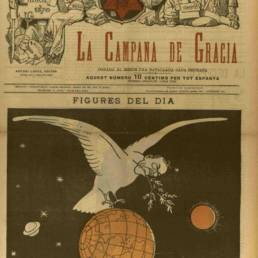
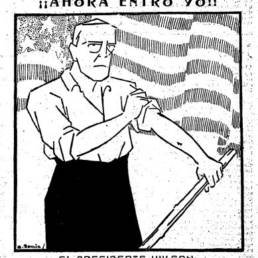
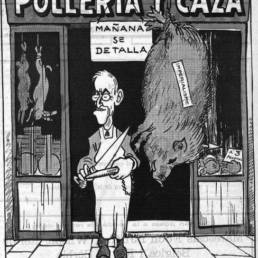
Debates on democracy and democratisation in the post-war period (1918-1923).
The impact of democratising approaches linked to President W. Wilson, the League of Nations and the institutions of that international body influenced debates on "false" and "true" democracy.
In this context, we would like to emphasise the evolution of intellectuals in Spain and Argentina, with allyophile positions during the early 1920s, but who showed their rejection of the new post-war democratising experiences.
Primo de Rivera's dictatorship and the new authoritarian regimes: from criticism of democracy to "organic democracy" (1923-1931).
We seek to analyse the development of Primo de Rivera's dictatorship and its appeals and criticisms of democracy. We will study the main intellectuals of the dictatorship and the debates surrounding the constitution of the National Consultative Assembly (1927) and the draft constitution of 1929.
Using a comparative and transnational perspective, relations and influences will be sought with other similar experiences: the Argentine nationalists and the Uriburu coup (1930), Italian fascism and the Portuguese military dictatorship (1926-1932).
